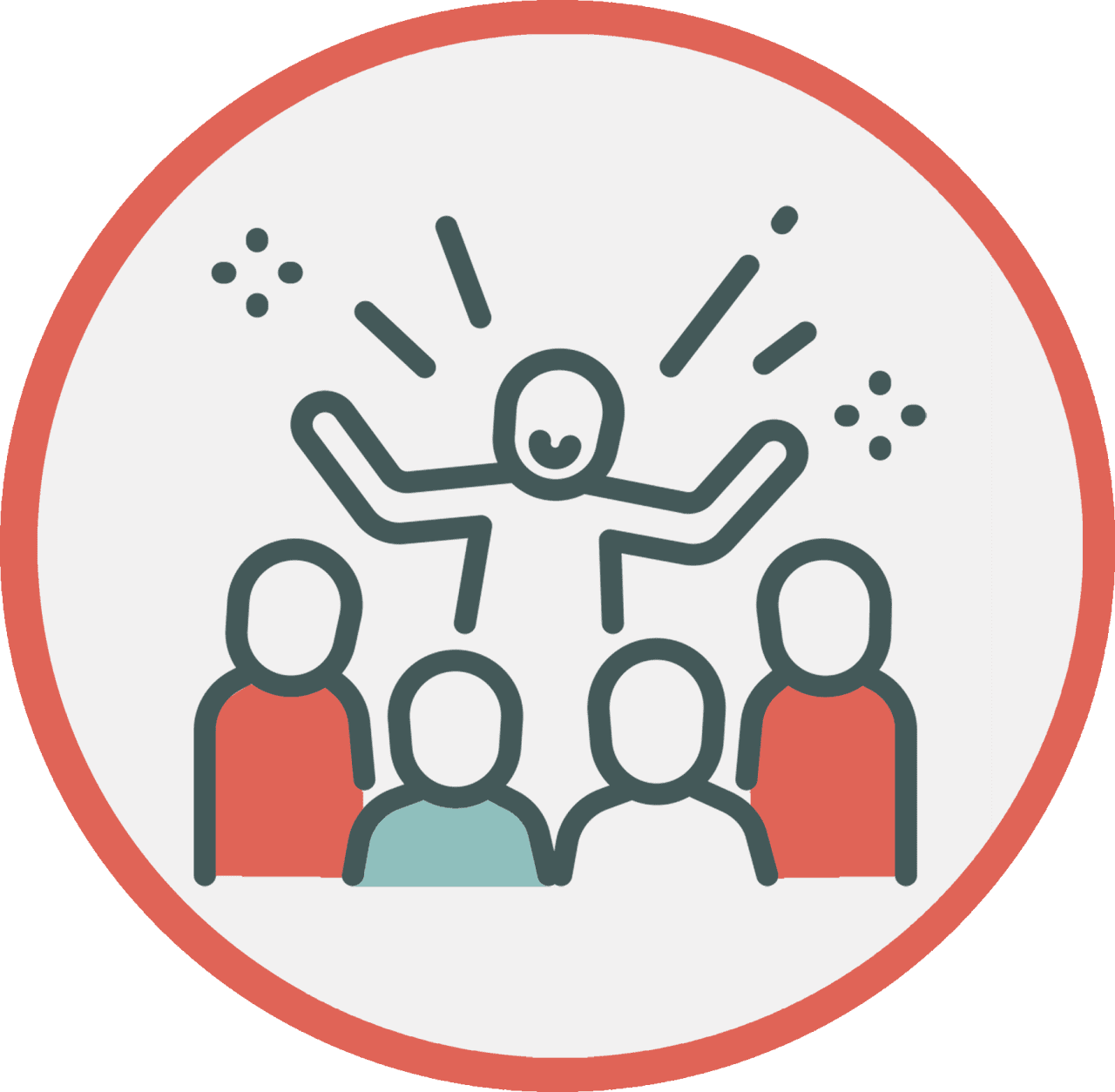You know that sinking feeling you get in the pit of your stomach when one of your newer employees tells you they’re leaving? You thought everything was going well and now you’re asking yourself:
- What went wrong?
- Should I have seen this coming?
- Why is this happening (again)?
It’s quite possible the die was cast in those early days, shortly after you uttered the words, “welcome to our company” on their first day and handed them a bunch of forms to fill out/documents to read or video’s to watch!
How would you feel, if basically you had been told to “ just get on and read this, watch this?” Chances are, you would have felt pretty disappointed/let down if this was your first day and your new employees won’t be any different! You see, it’s during those first few days and months when a new hire decides whether your company feels like a good fit, or they should keep sending out their CV. Yes, really!
Onboarding: 0-3 months
Most employees are uncertain of their surroundings at the beginning. They want to establish their place in the organisation, make a meaningful contribution and build relationships with colleagues. From the welcome someone receives on their first day, (anyone else here been greeted by someone who didn’t know they were starting today?!) through to their development plan for the first few months, (what development or induction plan?!)
Onboarding is the foundation of your employee experience. Understanding what this experience looks like and feels like for your new employees at this early stage is especially important as low levels of engagement early on have been shown to significantly increase the likelihood of people leaving you. It might be tempting to assume that onboarding “just happens”, but 30% of job seekers leave a job within the first 90 days. Think how devastating this would be to your business if it happened, and not just form a cost perspective but all the time and effort that has gone into the recruitment, that has to be done again – exhausting!
Initial Development 3-24 months
After a few months in the company, people are often looking for ways to improve their existing skills and make sure they can have an impact on their team’s output. For employees, Initial Development is all about mastering their role by developing specific skills, so this means managers who can spend time with their team, building and developing their skills and confidence, helping their team to develop relationships across the business, and coming to terms with internal processes that affect how they do their job.
Most people will do this with an eye on future opportunities, so it’s important that your managers are also starting to have initial conversations about growth and development with each of their team. When you support employees that want to develop within the company, it becomes an investment in the next generation of leaders and knowledge experts.
You could also consider introducing a “stay interview” in this phase of your onboarding process to ensure people are settling in and also giving you the opportunity to identify and resolve any issues that may be “bubbling”
Ongoing Development and Retention – 24 months plus
The average tenure for employees is reducing, so holding onto great employees is key and at 24 months, employees start to get itchy feet!
Employees that have been in your organisation for a few years have already started to advance in their career, and are looking to do so further. By this point they have accumulated enough knowledge and experience so they are some of the most valuable members of your team. They will be keen to know what progression opportunities are available, whether that’s a move into management or another role. This is where having career paths mapped out is so important. Not everyone in your organisation will want to become a manager, so it’s important to create career paths and opportunities for employees that want to move into other roles too. People need to know and understand how they can progress in your business and each business will be different.
This Ongoing Development and Retention phase is crucial. A lack of communication and discussion with your employees’ about the opportunities and career paths available to them, could result in employees leaving the business in search of the next challenge.
Separation: 0-3 months before leaving the organisation
No matter how good your employee experience is, there will always be people that decide to move on – that’s life and having a healthy employee turnover of between 10-15% should be budgeted for.
Some employees will leave even though they’ve had a very positive experience with your business, but there will also be people that leave because of underlying engagement issues.
The separation phase is an opportunity to learn more about the reasons people are leaving via an Exit Interview. In particular, it’s about identifying the direct causes of attrition and the changes you may need to make to reduce an unhealthy turnover and retain your top talent.
How can we help?
If you are stuck for ideas on how to onboard your employees to make sure you don’t lose them, then get in touch as we’d be happy to see how we can help. We’ve worked with lots of clients over the years to help them successfully onboard and retain their new employees so that they feel part of the team from day 1 and contribute to your business as quickly as possible.
You can book your free initial 30 minute consultation with one of the Meraki HR team here.





















